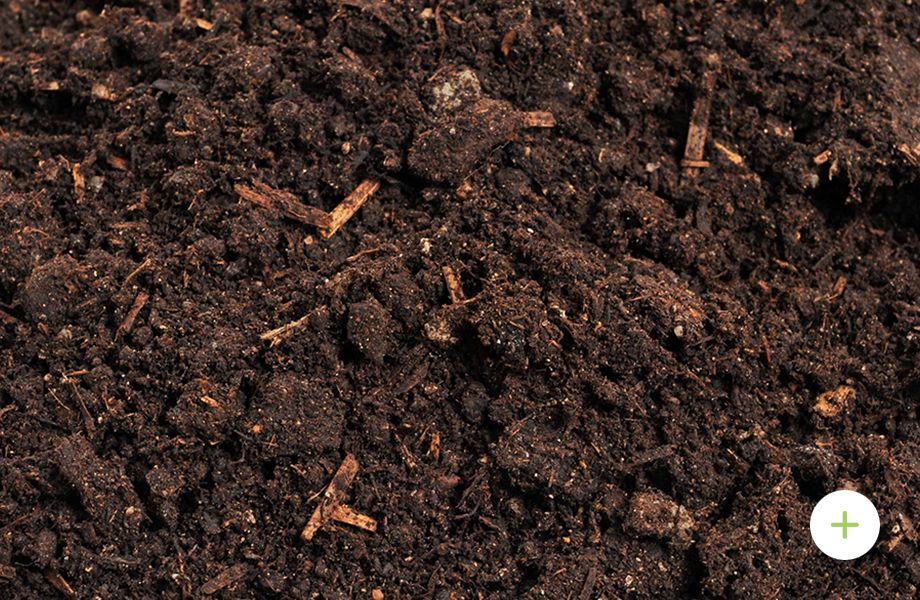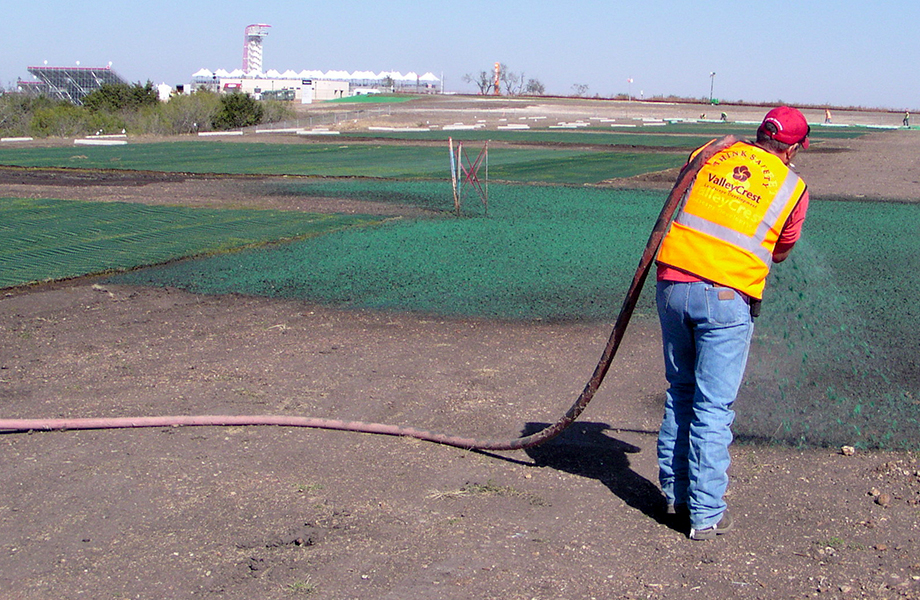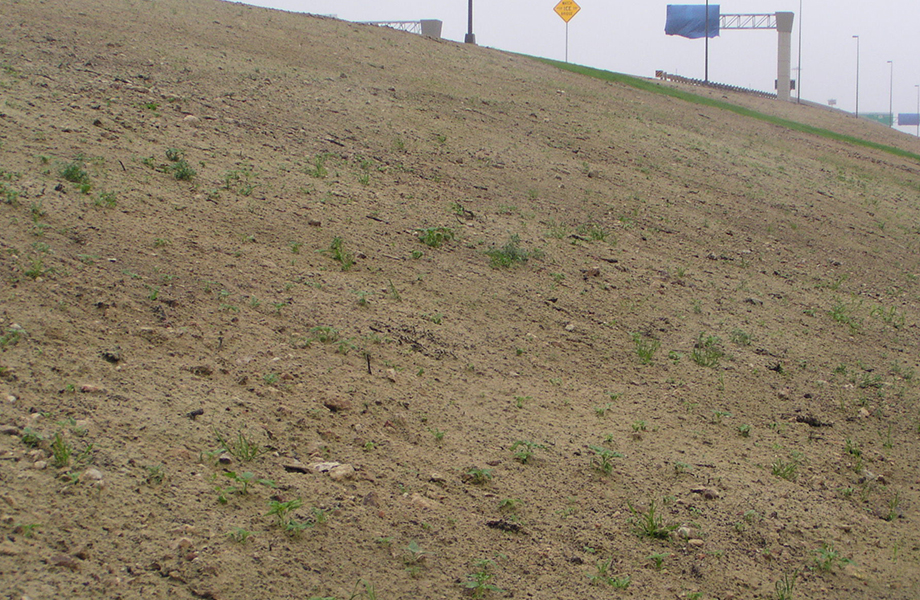


The pH scale measures how acidic or basic (alkaline) a substance is. The soil pH value is a measure of soil acidity or alkalinity. Soil pH directly affects nutrient availability. The pH scale ranges from 0 to 14, with 7 as neutral. Numbers less than 7 indicate acidity while numbers greater than 7 indicate alkalinity. The pH value of soil is one of a number of environmental conditions that affects the quality of plant growth. The soil pH value directly affects nutrient availability. Plants thrive best in different soil pH ranges. In wastewater treatment, the term “pH” refers to the measurement of hydrogen ion activity in the solution. Determination of pH plays an important role in the wastewater treatment process. Chemical separation systems or simple pH adjustment is often times that all is needed to treat and dispose of wastewater.

Soil pH is important because it influences several soil factors affecting plant growth, such as soil bacteria, nutrient leaching, nutrient availability, toxic elements, and soil structure. pH control improves wastewater treatment and simultaneously reduces chemical usage and the associated cost, therefore increasing profitability. Additives can be included within the mix when hydromulching foreign or unbalanced soils to ensure optimal growing conditions.